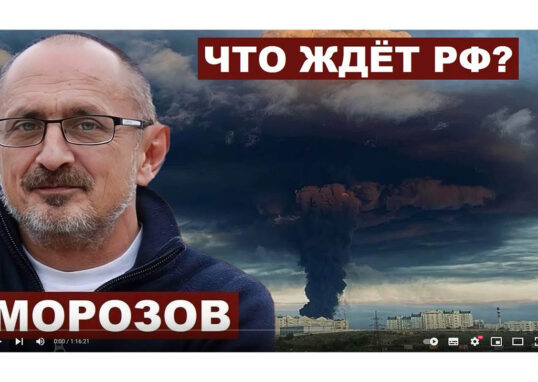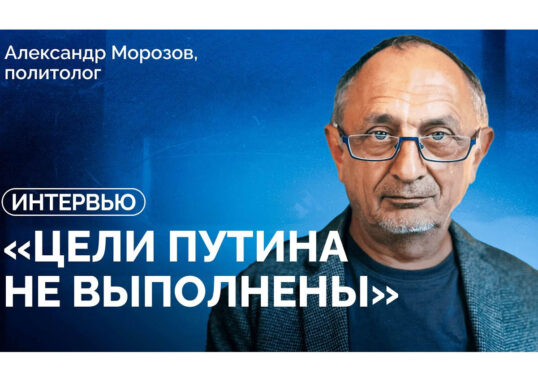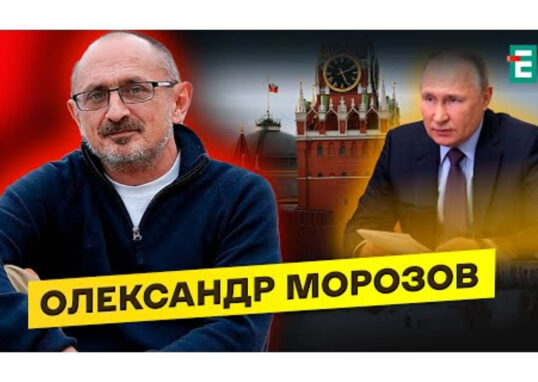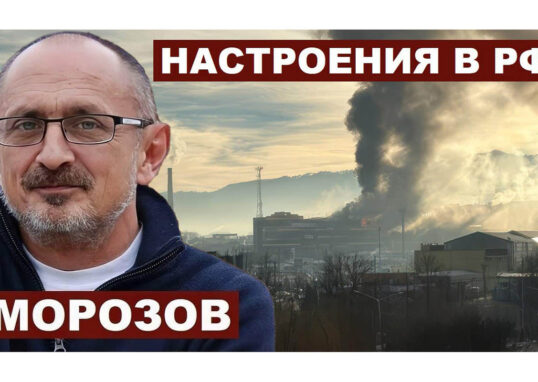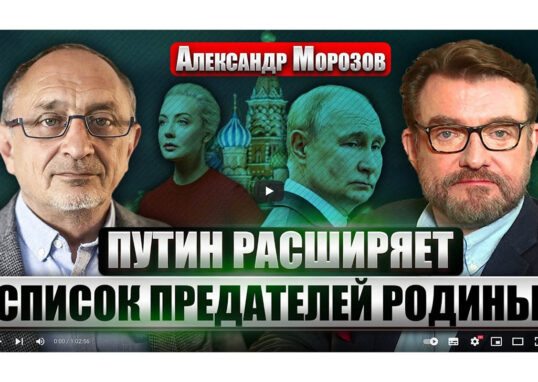The experts were all asked the same question:
What is your assessment of the way the Kremlin-controlled media have so far treated the corona crisis? How do you think they will treat it in the coming weeks or months? Do you expect to see disinformation about this topic? And if so, what will be the strategy?
“Moscow’s superiority and the helplessness of the West”
Alexander Morozov, political scientist, Boris Nemtsov Academic Center, Prague:
‘Two narratives are developing simultaneously. On the one hand, we continue to see headlines such as, “The virus was brought to China by the US military”, and pro-Kremlin commentators continue to write about “the hysteria of the Western elites” and “the collapse of the European Union”. On the other hand, a narrative of “global solidarity” has begun to work in the Kremlin media, as the Russian government begins to take the same measures as the European governments.
Alexander Morozov is a Russian journalist and researcher with the Boris Nemtsov Academic Center in Prague. Read his interview with EUvsDisinfo, “They are Convinced that Russia Should Follow Guerilla Tactics.“
The Kremlin media will now create a mix of these two narratives, along the following lines: Russian authorities calmly and successfully fight the virus; but in Europe and the USA, governments create hysteria, making mistakes that cause criticism from the side of the citizens. It will be emphasized that some Western governments refuse the help of the Kremlin, while others accept it. This will be deployed to an internal audience as a holistic image of Moscow’s superiority and the helplessness of the West.
For the external audience, the narrative will move in two directions: it will address European and other governments with a proposal of partnership and participation of Moscow in global solidarity that cannot be turned down; but on the other hand, it will speak to those audiences in Europe which are looking for “alternative opinions” regarding their own governments. This is a large audience, consisting not only of a part of the Russian speakers in Europe, but also of the electorate of the new right, Eurosceptics and populists in different countries.
The Kremlin will use this natural European material, quote out of context criticism of the national anti-virus programmes that will appear in European discussions; criticism of Brussels’s actions from the side of Eurosceptics and panicked statements by European bloggers about the catastrophic economic consequences of the measures that are taken.’
